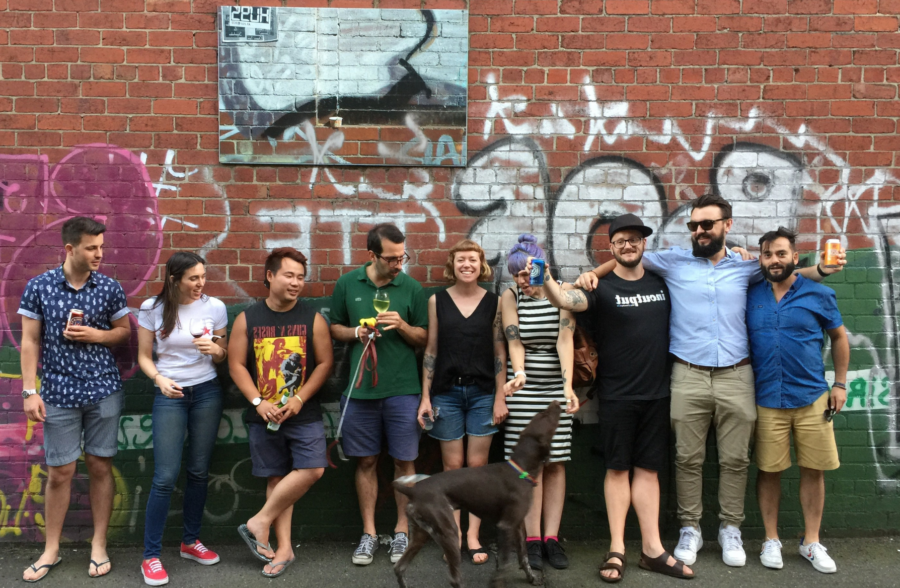Intentional sonder: an antidote to disconnection

When he was a young man, Bob Dylan wrote about an obscure source of both inspiration and distraction: almost every time he passed someone in the street, he couldn’t help but think about the life each of these people led – who were their family? Did they love their family? What were their struggles? Did they find it hard to sleep each night? Where were they going? Do they see the world like me, or are they of an entirely different view?
Sounds fairly overwhelming to me. Especially for someone living in New York, who like Bob, would pass possibly thousands of people each day. My brain quietly explodes just thinking about it. But I can also relate. Every now and then when I pass someone, and catch something, like a hint of emotion – a sigh of frustration or a distracted grimace, possibly thinking about some pain I will never know, like Bob, I start to make up a story of their life, or wonder at the hidden complexity of a stranger’s existence.
It turns out there’s a word for this: sonder. The light-hearted online Dictionary of Obscure Sorrows defines it as: “n. the realization that each random passerby is living a life as vivid and complex as your own.” But is it an ‘obscure sorrow’? I don’t think so. While certainly obscure, I don’t see it as sorrowful. In fact, when I have this feeling for someone, it takes me out of my own difficulties as I consider theirs. For a moment, I feel for a stranger, and see them as a human like me, with their own joys, challenges and quest for love and happiness. I have a glimpse of kindness and warmth for someone else – I feel compassion. This is what led me to write this article. I wonder if we could use sonder with intention – as a compassion-based exercise.
For eons, Buddhists have well understood the profound importance of developing one’s compassion for others, and thousands of scientific studies now illustrate the benefits of the various forms of compassion practice. While there are far too many to list here, some of the more striking benefits include reducing depressive symptoms, anxiety symptoms, psychological distress, while increasing a sense of wellbeing. Professors Martin Seligman and Ed Diener, lead researchers in positive psychology, show that meaningful, compassionate social relationships help us recover from disease faster, while other research has shown it may even lengthen our lifespan. Meditations that aim to increase a sense of compassion towards others have also been shown to generally result in an increase in behaviours that benefit others.
So here’s the exercise. Perhaps try it next time you’re around strangers.
Intentional Sonder
- Pick a stranger, any stranger. Try not to stare at them too noticeably – no need to freak anyone out.
- Think to yourself: Just like me, this person knows great pain in their life.
- Just like me, this person knows great joys in their life.
- Just like me, this person wants to be happy.
- Just like me, this person wants to love and be loved.
- For one minute, sit in a feeling of kindness for this person.
I first read about this exercise at a Buddhism centre in Northern NSW, and have since tweaked it slightly. I find it most effective when I’m having a hard day myself, and feeling disconnected from others. But really, compassion is great at any time.





